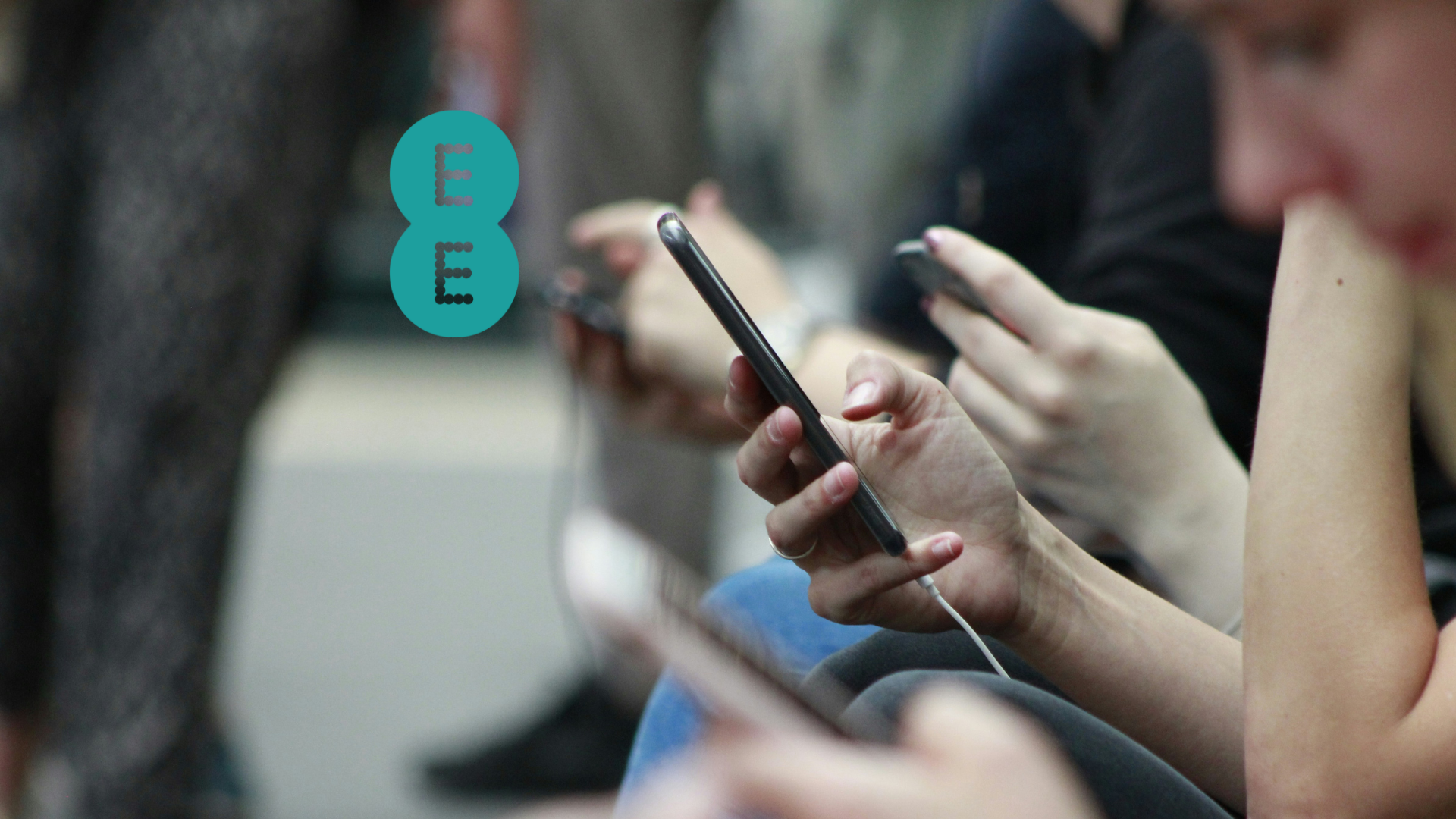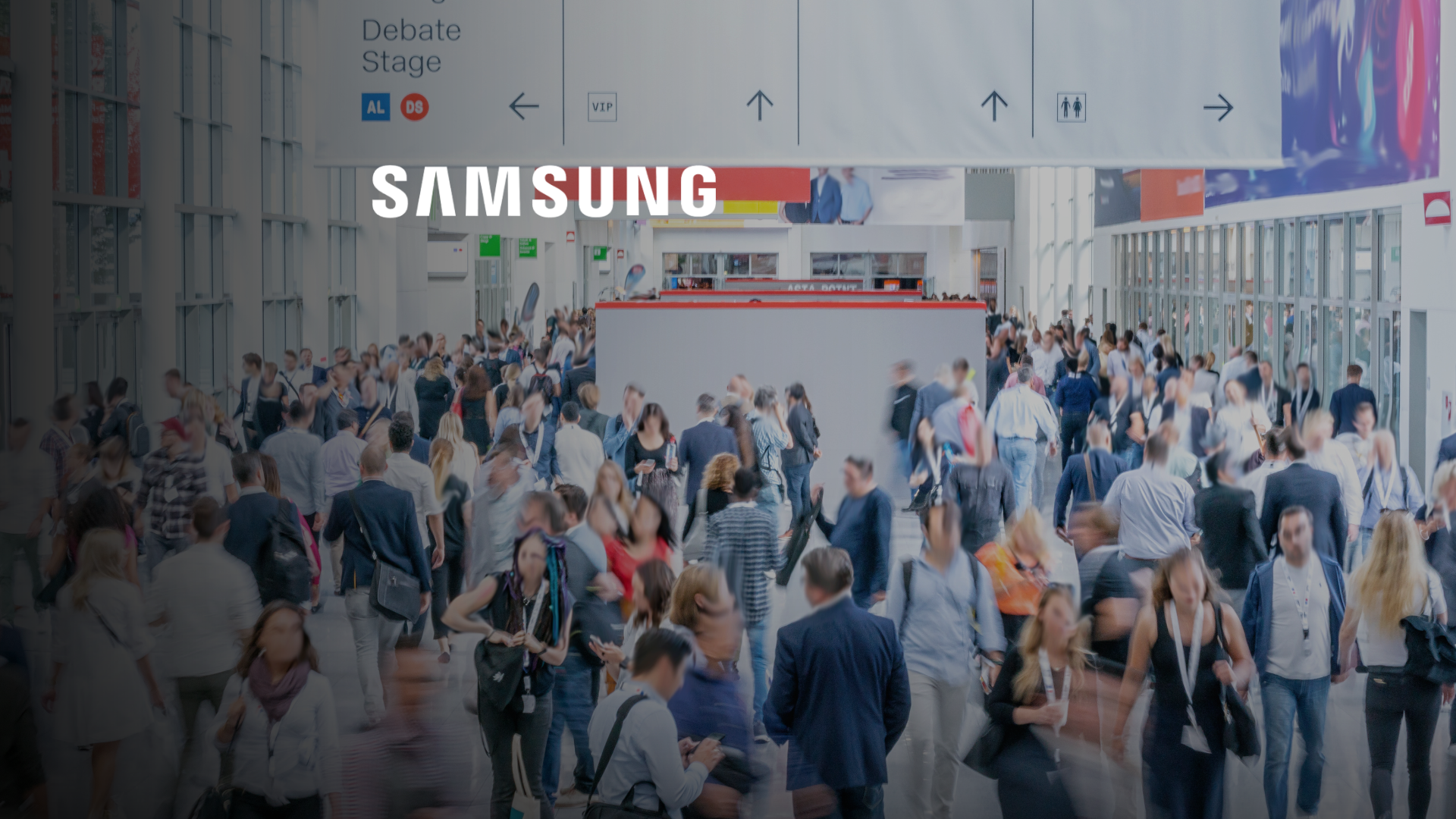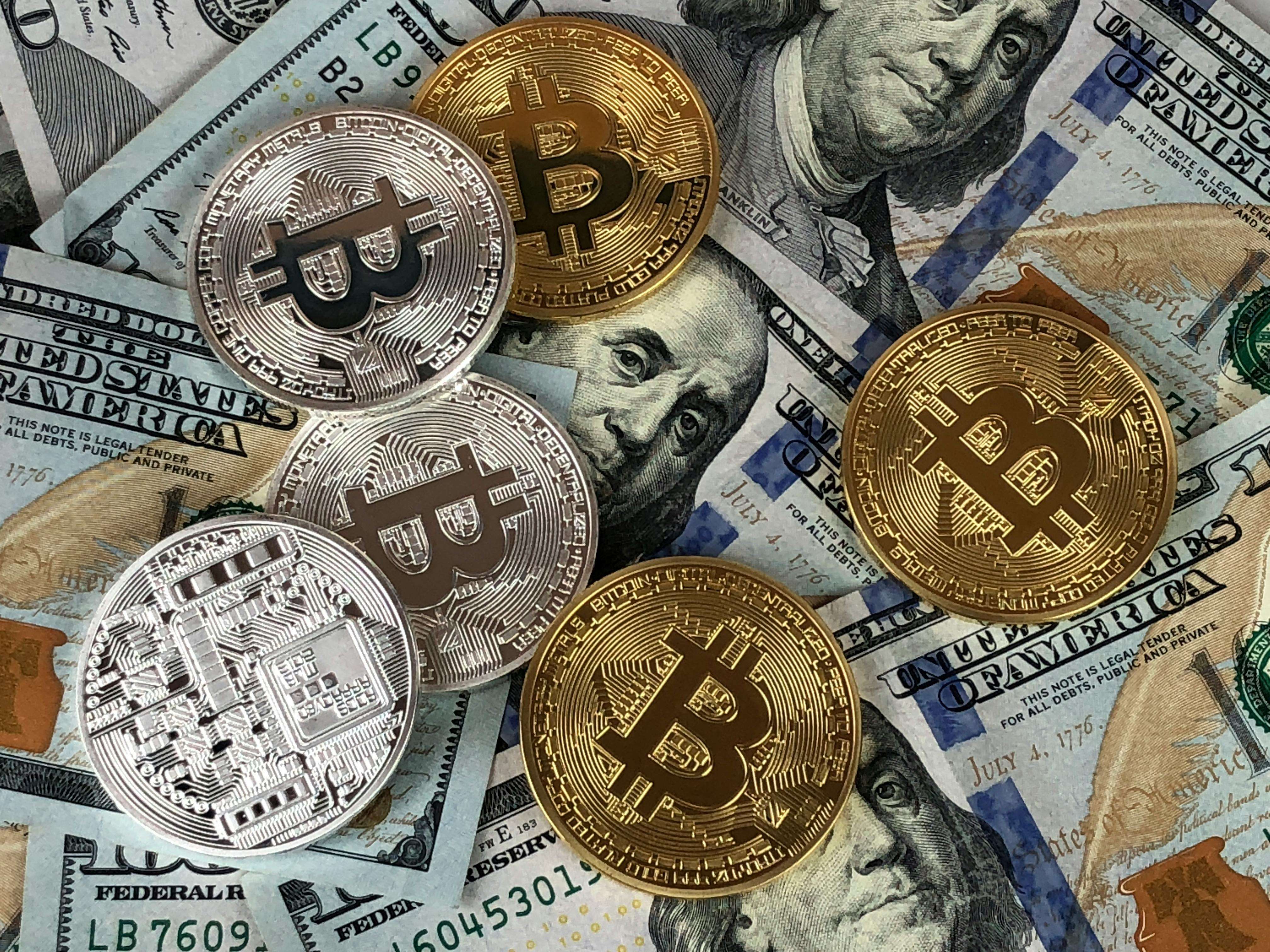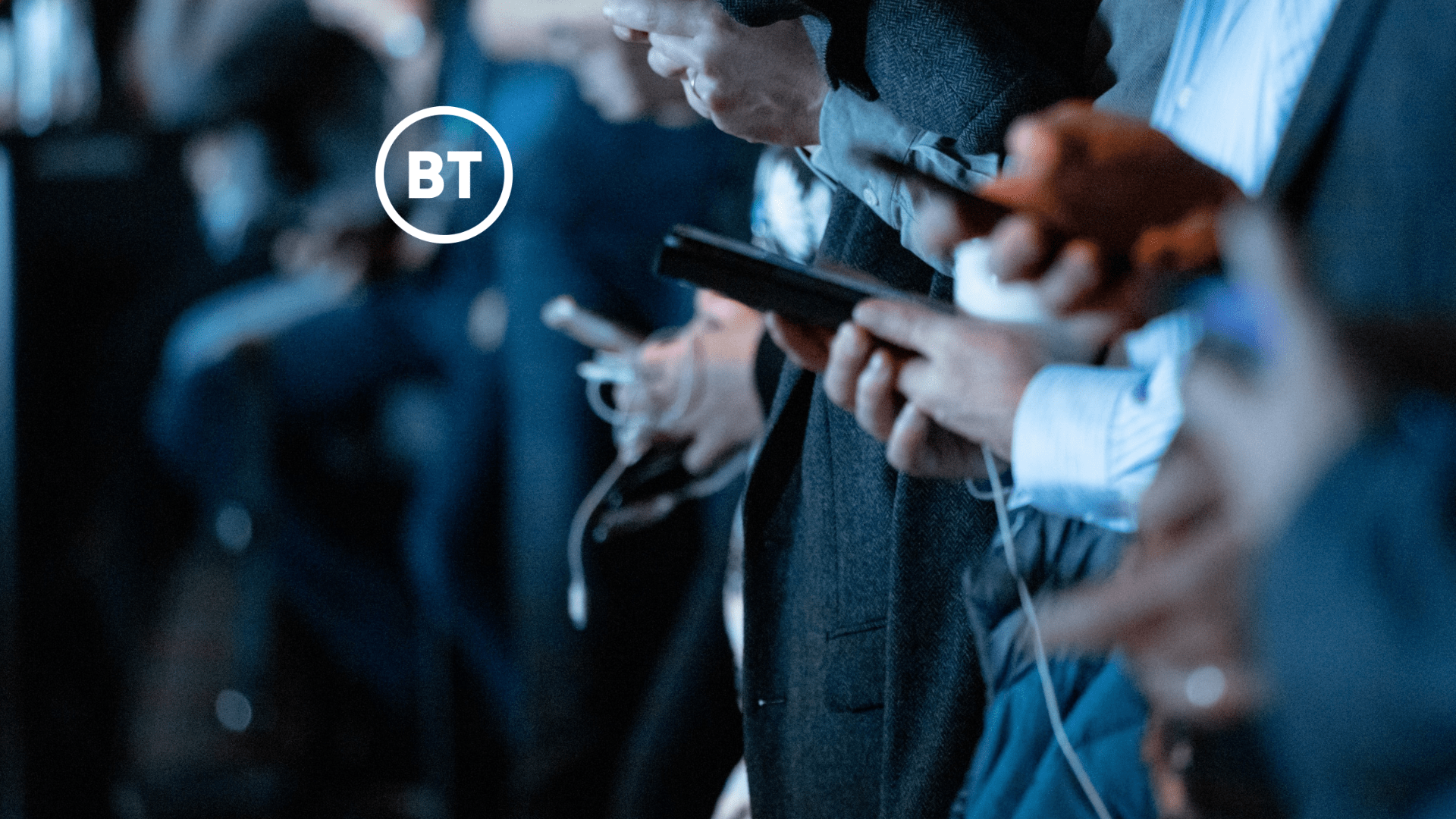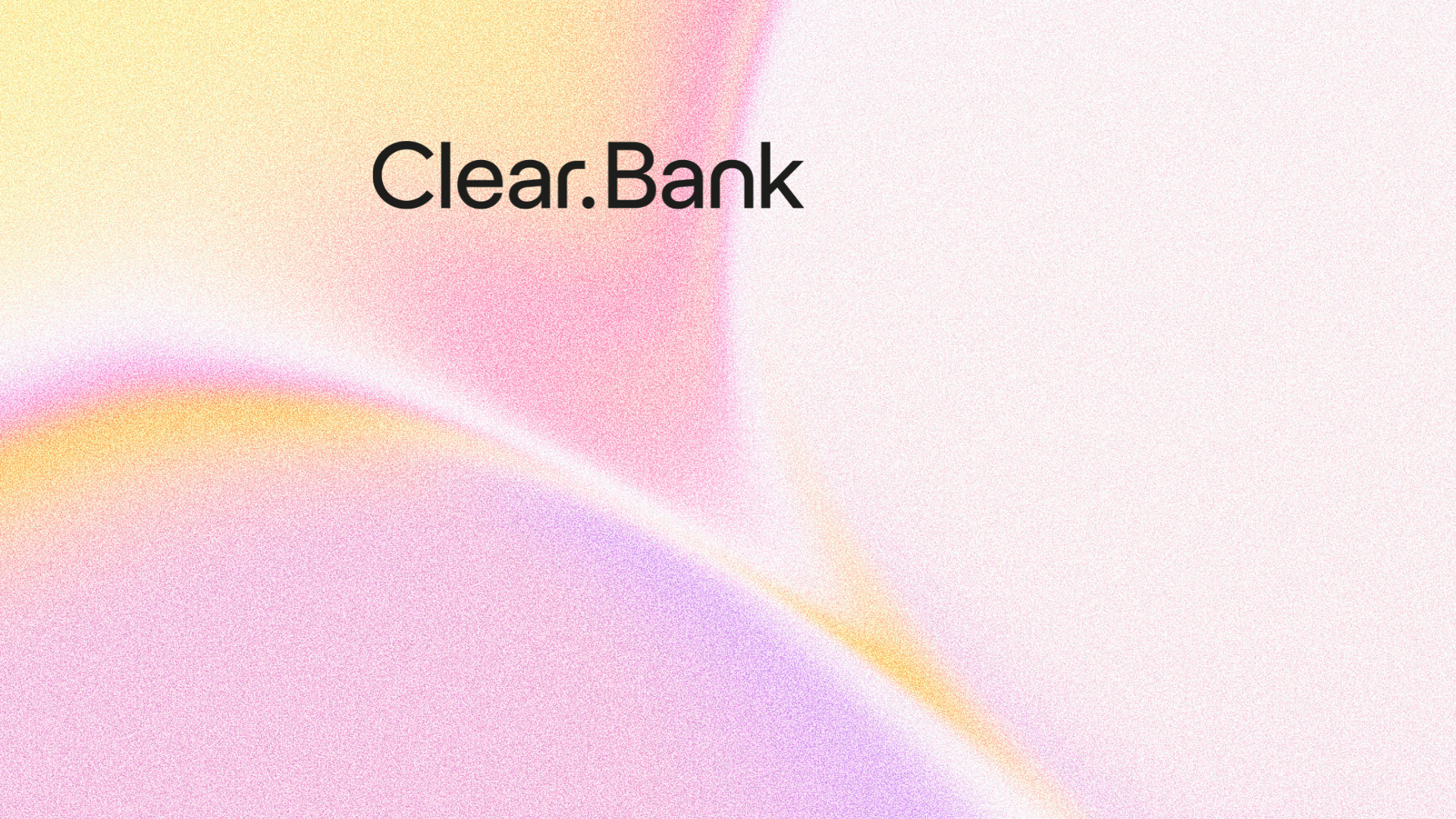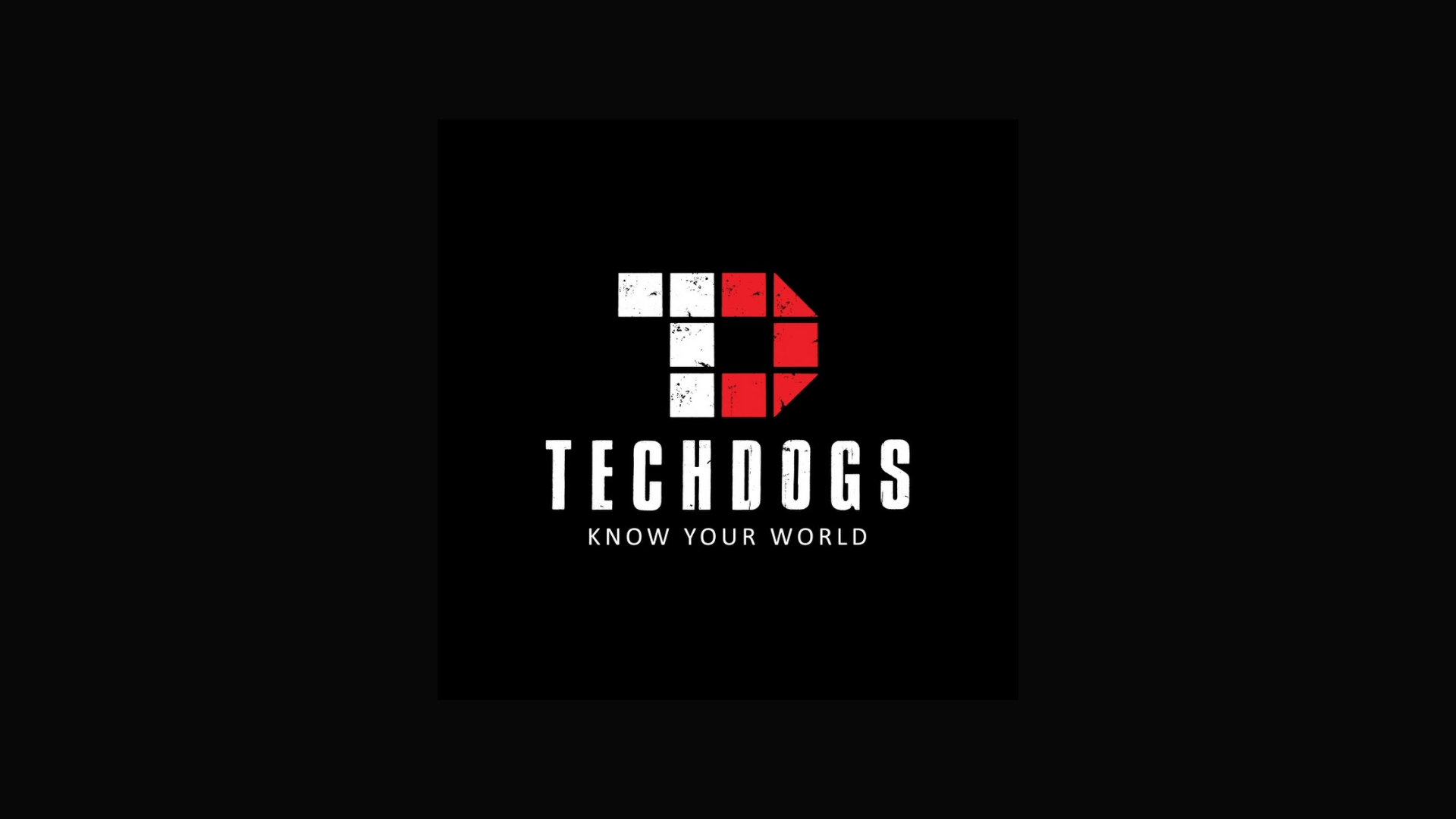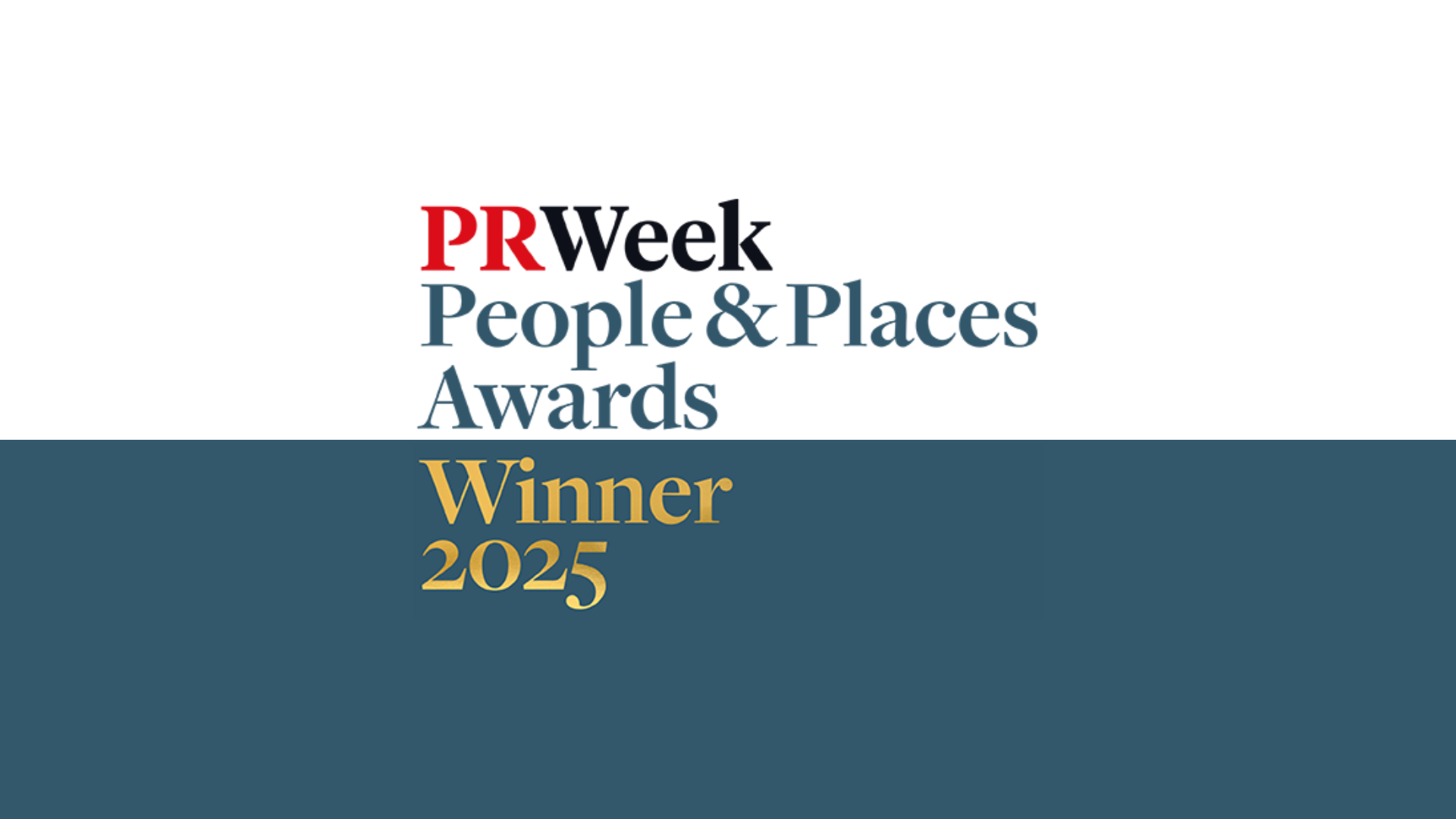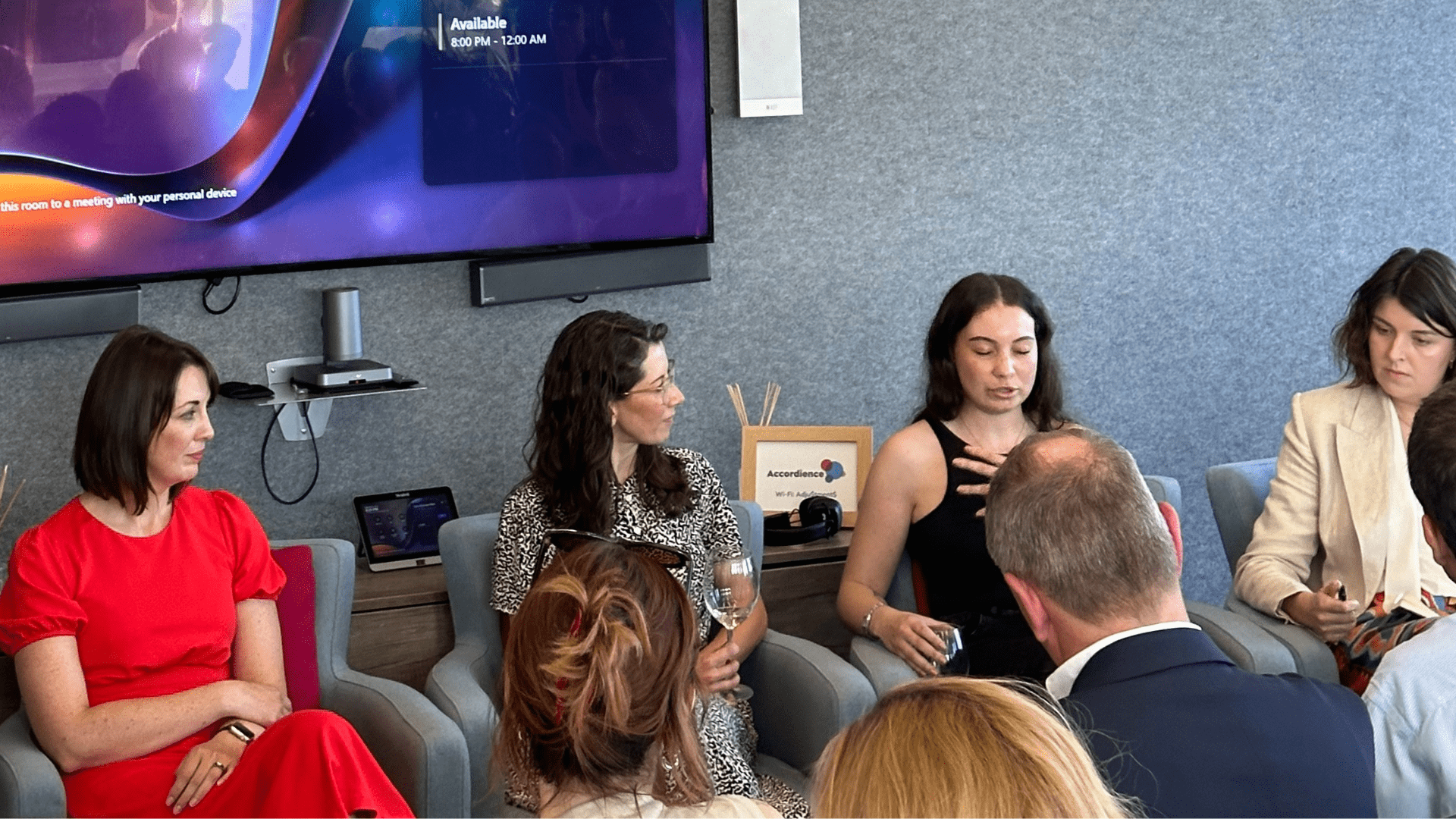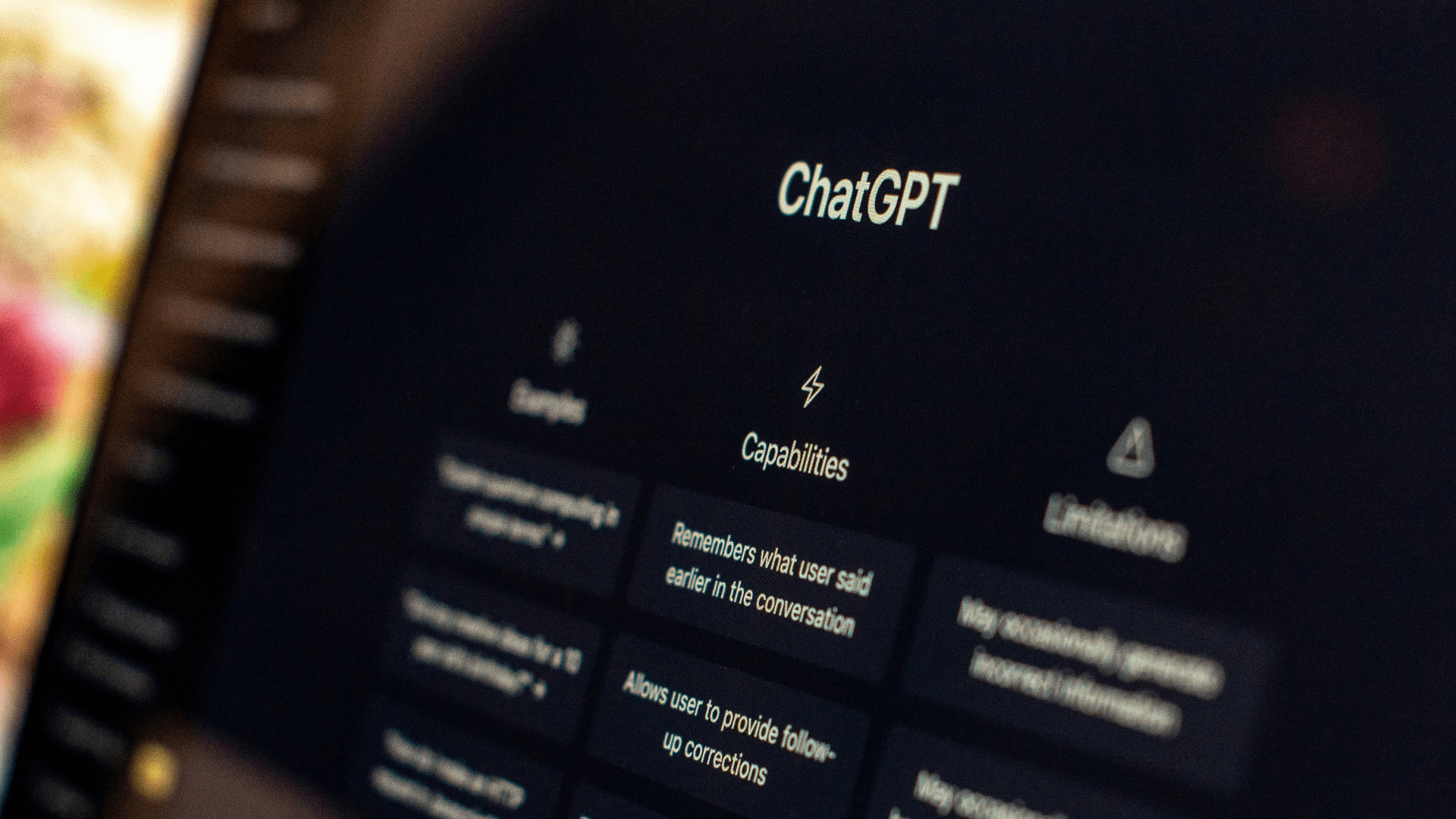I have been fascinated by the ongoing legal action from the global publishing world who continue to take exception to OpenAI, Microsoft and others, being seen to ‘scrape’ content from their websites, to feed LLMs, without appropriate compensation. It’s a subject I have written about before, and something which was discussed at the recent event, most notably by media lawyer, Luke English.
I made the point at the time, and in my previous blog, that this legal action by the publishing world was necessary to protect the sanctity of copyright law, as well as to protect the purity of independent and balanced editorial (where it exists). But then I also believe that the commercial agreements that are now being signed between Microsoft and other big tech firms, and a growing list of publishers is a welcome and increasingly lucrative revenue stream for the publishing world.
We have seen publishers struggle badly over the last few years. As a B2B tech PR consultant, I have never seen fewer reporters across all types of tech media. An open recognition by big tech of the value these reporters bring to training their LLMs could be just what they need to reverse this negative trend and get more aspiring journalists into work. This would be welcome for the PR world too.
I’ve been curious to know how much progress was being made in commercial agreements being forged between big tech and publishers. As I said to Luke at the recent Masterclass, having clear precedent in terms of agreements being struck would likely open the floodgates for all publishers to make their claims.
Yesterday, I read this excellent piece from Charlotte Tobitt at Press Gazette that lists the publishers suing OpenAI and the collection of commercial deals that have been agreed – the list is longer than I realised. I also discovered that an agreement has been struck with Informa, who own two telecoms titles very close to my heart, Light Reading and Telecoms.com.
There seems to be a disparity between the publishers who have ‘gone early’ and those happy to bide their time. This tactical battle will be planned according to how various bargaining positions can be strengthened; I have no doubt.
Overall, I think this is only good news. More reciprocal deals mean a healthier publishing industry, greater importance given to strong independent journalism and better informed LLMs (hopefully with less bias).
Can’t help thinking that the days of paying just $20 a month to use the premium and more secure version of ChatGPT might be soon at an end, however…
